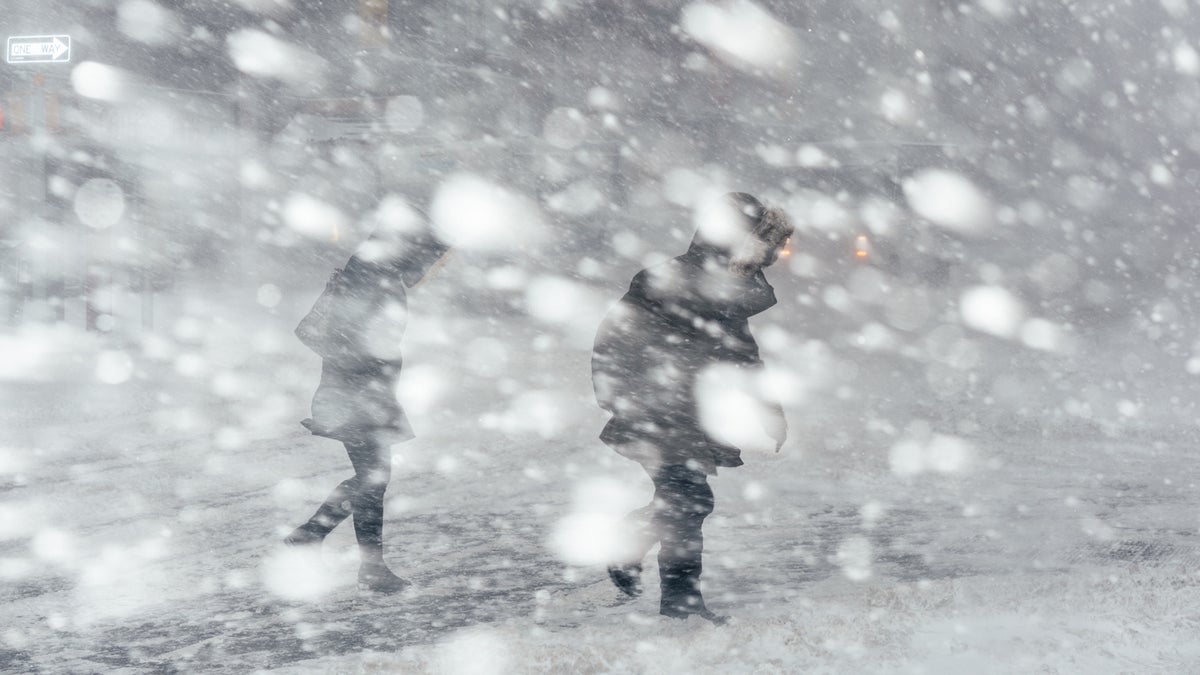No products in the cart.
Outdoor Adventure
A Voice Mail Can’t Rescue You. 911 Can.
Last week, news broke of a lost hiker in Colorado who ignored repeated calls from search and rescue workers trying to locate them, because they didn’t recognize the number. Meanwhile, a viral post started making the rounds on social media, urging people who may need a rescue in the backcountry to update their phone’s voice mail with details of their location. This is a teachable moment: if you’re lost, don’t do either of these things. A cell phone can be an invaluable tool in a search and rescue scenario, if you use it right.
I talked to Rory Edwards, a search and rescue volunteer in Montana’s Madison Valley. At first he laughed, but after I assured him that people really were advising lost hikers to update voice-mail messages with location details, he got serious. “No, you should not change your voice mail,” says Edwards. “If your phone works, you should try and call 911. If you can’t get through, try texting 911.”
Edwards says that all cell-phone carriers are required to transmit 911 calls, regardless of network. So even if your phone isn’t getting any reception from your usual carrier, you might still be able to get through to 911. Plus, most areas of the country now support 911 texting. A text data packet is very small, and your phone will continuously try to send it if it’s unsuccessful the first time. This may allow a message to get out, even when a call won’t connect.
Why is calling 911 better than changing your voice mail to include details of your location? In addition to actively alerting authorities that you’re in need of help, it also puts into motion other systems that may not initially be obvious. First responders will receive details of your phone’s general location when you place that first call or text. They can then continue to ping the phone for more precise location details as they try to find you. Even if you have your phone’s location services disabled, connecting with 911 will automatically enable them. Rescuers can find your phone using its connection to GPS satellites and by triangulating its signal between cell-phone towers.
Edwards shares another crucial piece of advice: “If you’re lost, stay where you are.”
This is one mistake that the hiker in Colorado made. Rescue workers were forced to repeatedly try to contact him by phone, because when he realized he was lost, he kept hiking. Remaining in one place will help first responders more easily locate your phone, make any physical search easier for them, and use up considerably fewer man-hours. This is especially important if you are with a vehicle when you get lost. Not only will your car potentially provide shelter, but it also will be easier to spot from a distance and narrows down the areas you might be to places that vehicles are capable of accessing.
Five years ago, Arizona hiker Karen Klein made headlines after walking 26 miles through three feet of snow, drinking her own urine, and eating twigs to survive in order to find help for her stranded family. But before she found help, her husband simply walked up the hill their car was stranded on and managed to find enough signal to connect with 911. If it’s safe and if you are able, it might make sense to employ your knowledge of how a cell-phone signal travels through remote areas to find a connection without moving very far. The radio waves that your phone uses to connect with a cell tower travel in straight lines, so moving to the top of a hill or away from an obstruction may provide a connection.
If you are lost, do not hesitate to call for help. You are not bothering anyone, wasting their time, or being alarmist. Rescue workers would rather have an easy rescue and laugh about it with you afterward than spend hours working in potentially hazardous conditions only to find your dead body. Placing a call to 911 will ultimately use up fewer search and rescue resources—it’s the responsible thing to do. “We want to hear from you,” says Edwards.
And remember to be proactive before heading out. “Leaving travel plans with a responsible person remains a proven method,” says Edwards. Tell someone where you’re going and when you’ll be back. If they don’t hear from you, instruct them to call 911. That way you can be sure that your location and those instructions are already in the hands of a trusted person, with no need for someone to try to leave you a voice mail before they discover you’re lost.
This is what caused search and rescue to initiate a search for that lost hiker in Colorado. Had he remained in one place, rather than hiking off trail through the night, he’d have been found quickly. Or he could have just picked up the damn phone.

